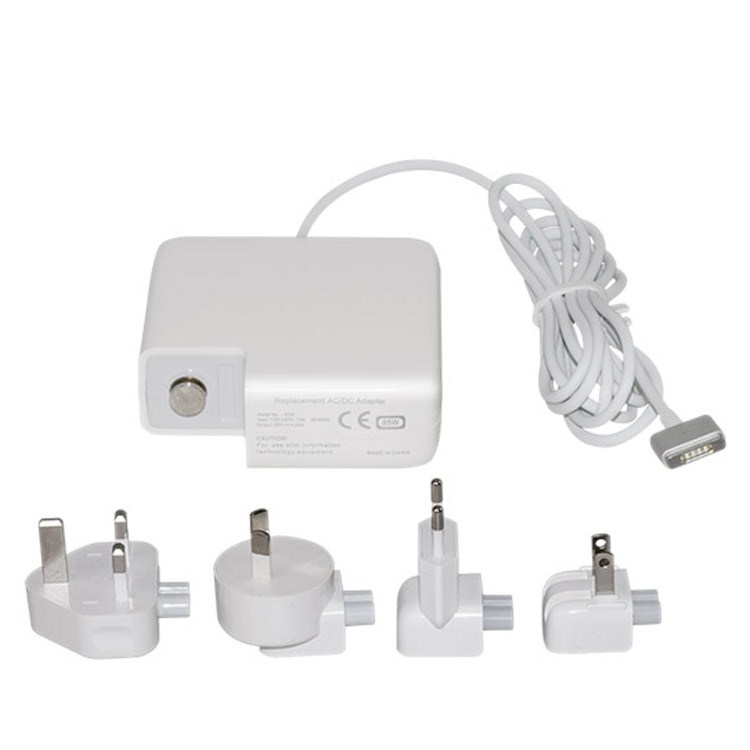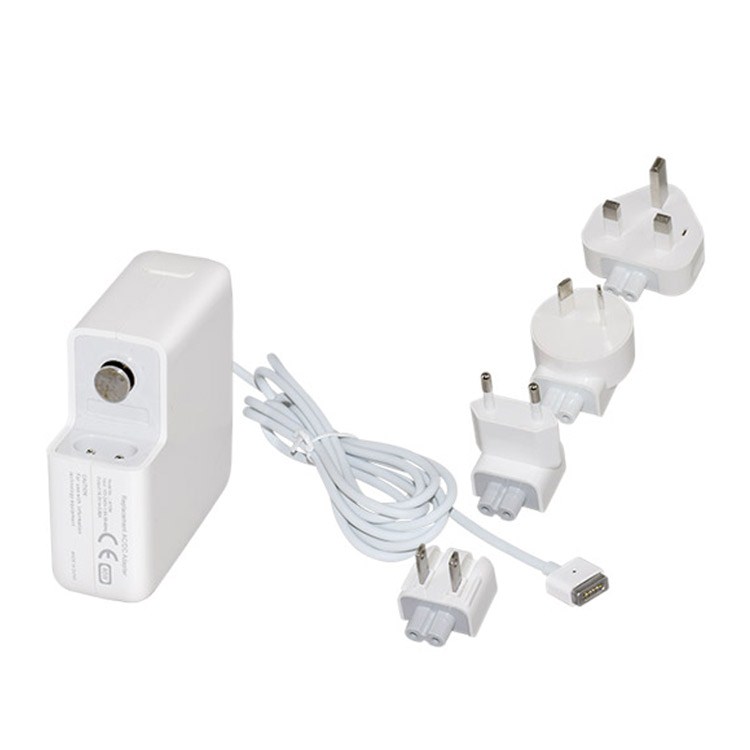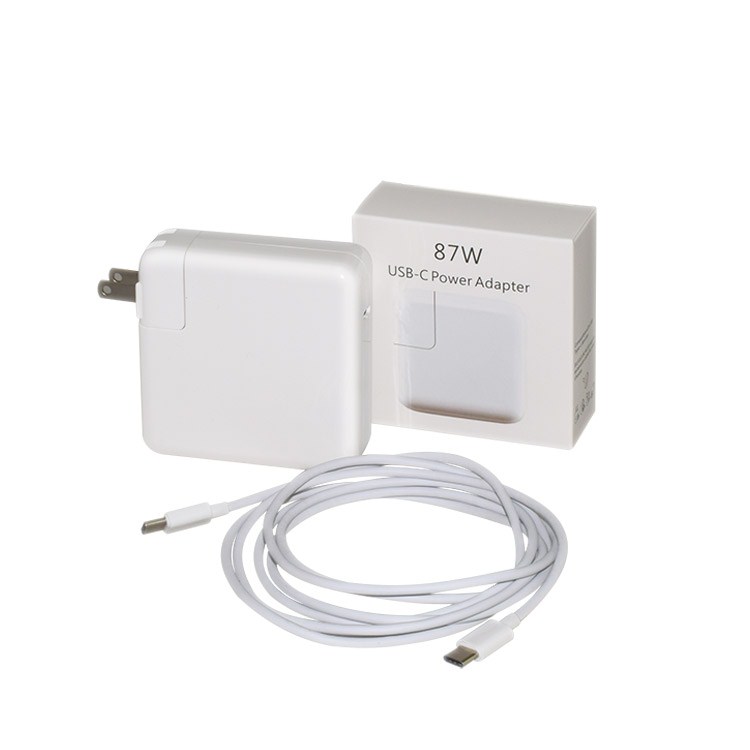Emerson: Industrial Internet of Things drives global refining companies to gain huge economic benefits
There are about 650 major refining companies around the world that supply gasoline to cars, trucks, ships and aircraft around the world. Some of them are in optimal operation, but there are still many factories that do not, which seriously affects the company. Economic benefits.
According to Emerson's research, for a typical 250,000-barrel-per-day refinery, companies that achieve superior operational excellence can save about $12.3 million annually in operating costs associated with equipment reliability and energy efficiency. Even if 60% of refineries fail to achieve this level, they can achieve hundreds of billions of dollars in annual savings worldwide.
This of course will directly affect the company's stock price, because benchmark refining companies can earn more profits for shareholders and obtain higher security. According to Goldman Sachs' latest environmental, social, and corporate governance reports, industrial companies tend to have higher return on investment if they score higher on issues such as employee safety.
So how do refiners achieve and maintain optimal operating conditions and the highest level of safety? In terms of safety, according to a global risk report issued by Marsh, the top 100 hydrocarbon accidents have three main causes: driving, shutdown (conversion phase in operation), and pipeline corrosion.

The Industrial IoT provides solutions for improving plant performance and safety through ubiquitous measurements. It adds wireless measuring points throughout the plant and uses predictive analytics to monitor these points and provide timely forecasts to staff so they can Take effective measures in a timely manner. The production process can be optimized by monitoring the health of pumps, motors, traps, heat exchangers, valves, piping systems and more.
Wireless measuring points are equivalent to the eyes of the factory. Sensors in the refinery (the “objects†in the industrial Internet of Things) can detect running performance degradation and impending failures in advance, thus extending equipment uptime and improving plant safety. For example, Chevron's Richmond refinery began corrosion monitoring of pipeline systems after a fire in 2012.
Another important issue is the lack of experienced technicians in the refinery, which can also be addressed through industrial IoT ubiquitous measurement and predictive analytics to increase the efficiency of plant operators. Asset management and various data analysis software provide operators and engineers with actionable information in a timely manner to take effective measures to prevent failures and the resulting safety and environmental issues. The Industrial Internet of Things also provides operators with the data they need to improve the performance of their equipment.
Companies in new refineries are well aware of the benefits of the Industrial IoT through universal measurement. A typical modern factory typically has about 50,000 input and output points connected to the control and monitoring system, based on its natural attributes and The location is connected by wire or wireless. An older refinery typically has nearly 20,000 input and output points, and the 30,000 gap is the root cause of inefficiencies, operational problems, and safety incidents. Most of these plants are designed and built to meet the minimum requirements for safe operation of the plant, rather than being designed to optimize operation, because the additional cost of adding additional points is too high, so there are operational blind spots in many key areas of the plant. Or it can only be used by manual inspection, which is still costly.
Since there are already many examples that can prove that adding points can get more benefits, why not all refineries add more points? In the past, it was necessary to connect measuring points such as pumps to the control and monitoring system by wire. Not only was the wiring costly high, but it also required a lot of downtime, and many refineries were almost at full load, so they were not willing to increase the measuring points. .
Now, with wireless technology, we can add these measurement points quickly and economically. Wireless sensors are connected to the control and monitoring system through a fully covered wireless mesh network. Compared to wired devices, wireless sensors are inexpensive to install and install. It is fast and requires no downtime during installation and does not affect production.
In short, the widespread use of wireless technology throughout the refinery enables a rapid, cost-effective creation of a plant-wide industrial IoT. These key points are combined with data analysis and asset management systems to improve operational performance, asset reliability and security, thereby increasing corporate profits.
Solomon is an advisory body specializing in the performance evaluation of refineries. They found that refining companies mostly improve reliability by adding measuring points and corresponding asset management systems, obtaining predictive diagnostic information before failures occur, and taking effective measures in time. Preventing accidents and becoming expensive reactive maintenance is relatively economical and proactive maintenance, thus minimizing maintenance costs.
Refineries that cut maintenance budgets and industrial IoT investments may end up with higher actual maintenance costs, lower reliability, longer downtime, and higher likelihood of security incidents. Reducing maintenance costs means saving money in the short term, but the possibility of unplanned downtime over time will increase, causing huge losses to the company.
The ideal solution is to create a plant-wide industrial IoT using ubiquitous measurement technology. You can start with a key measurement point and gradually expand and add more wireless measuring points, which will help you increase plant uptime and improve. Performance, reduce safety hazards, and become a benchmark for the refining industry.
Whether you have an Apple Ibook, an Apple Powerbook or indeed an Apple Macbook Air, we will have the Apple Laptop Charger suitable for your Apple laptop. Apple is a high quality brand, and therefore Apple laptop charger must be high quality too.
Apple laptop charger include apple macbook pro charger series and apple macbook air charger series. Yidashun not only can offer 45W 60W 85W old mac charger with magsafe 1.0 and 2.0 tip, but also can offer new 29W 30W 61W 87W USB C power Adapter. And also we can silkprint your logo on the chargers, and also can customize the color package.
If you want to look for a factory which can produce range models of the macbook charger, and also with high quality, contact Yidashun , we can offer you all kinds of replacement apple adapter. and also support you high quality with 2 years' warranty.
Yidahsun's laptop adapter is with smart IC to protect your laptop with over current protection, over load protection, short circuit protection, over heat protection. All our mac laptop charger is Brand New Replacement Product, works as Genuine parts, 100% OEM Compatible!



Apple Laptop Charger,Apple Computer Charger,Apple Macbook Charger,Mac Laptop Charger
Shenzhen Yidashun Technology Co., Ltd. , https://www.ydsadapter.com